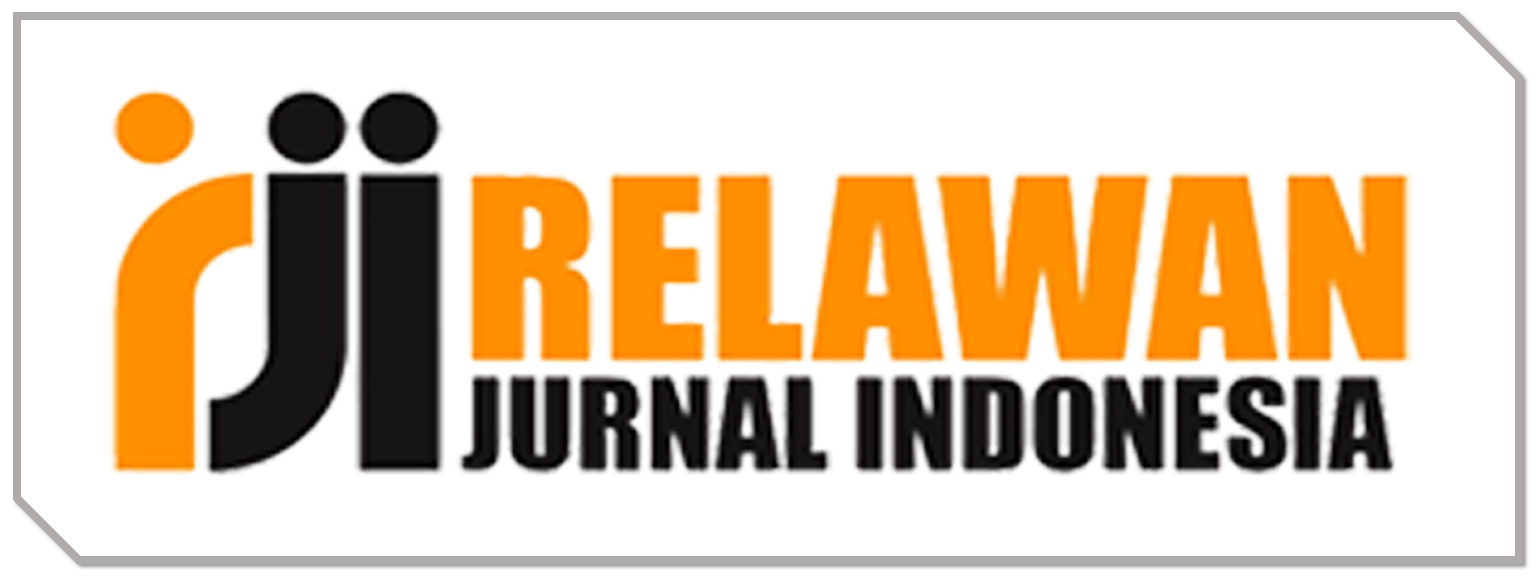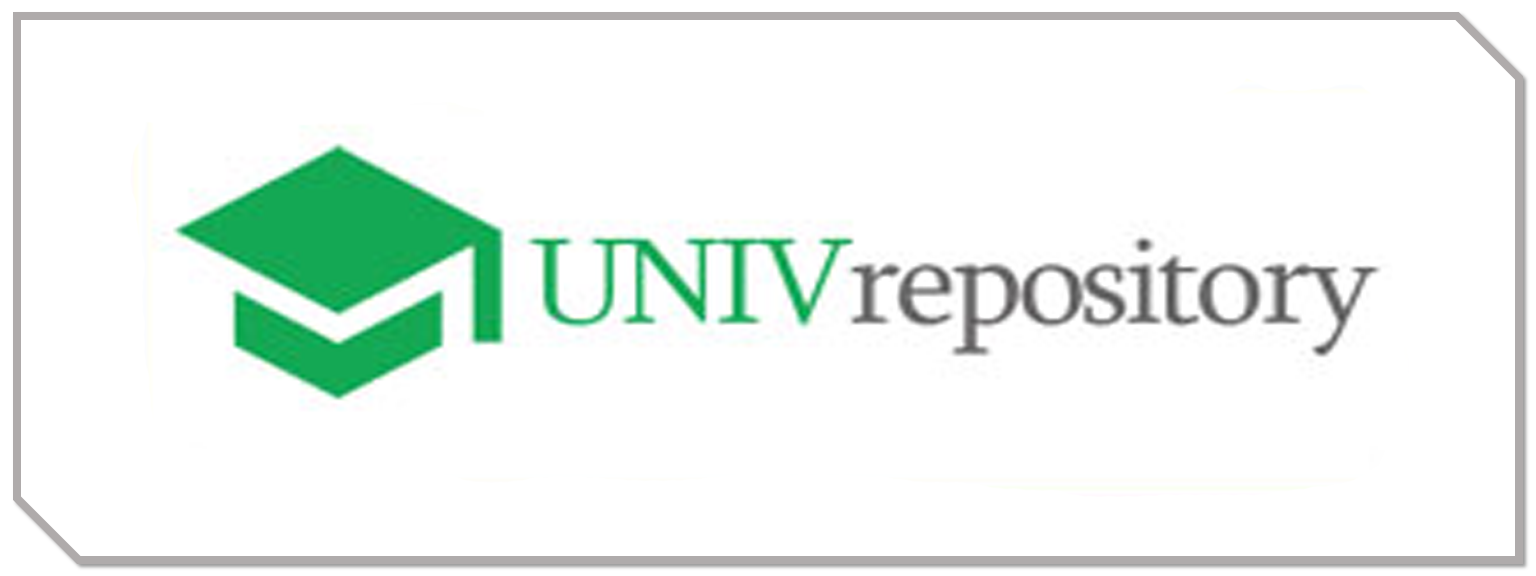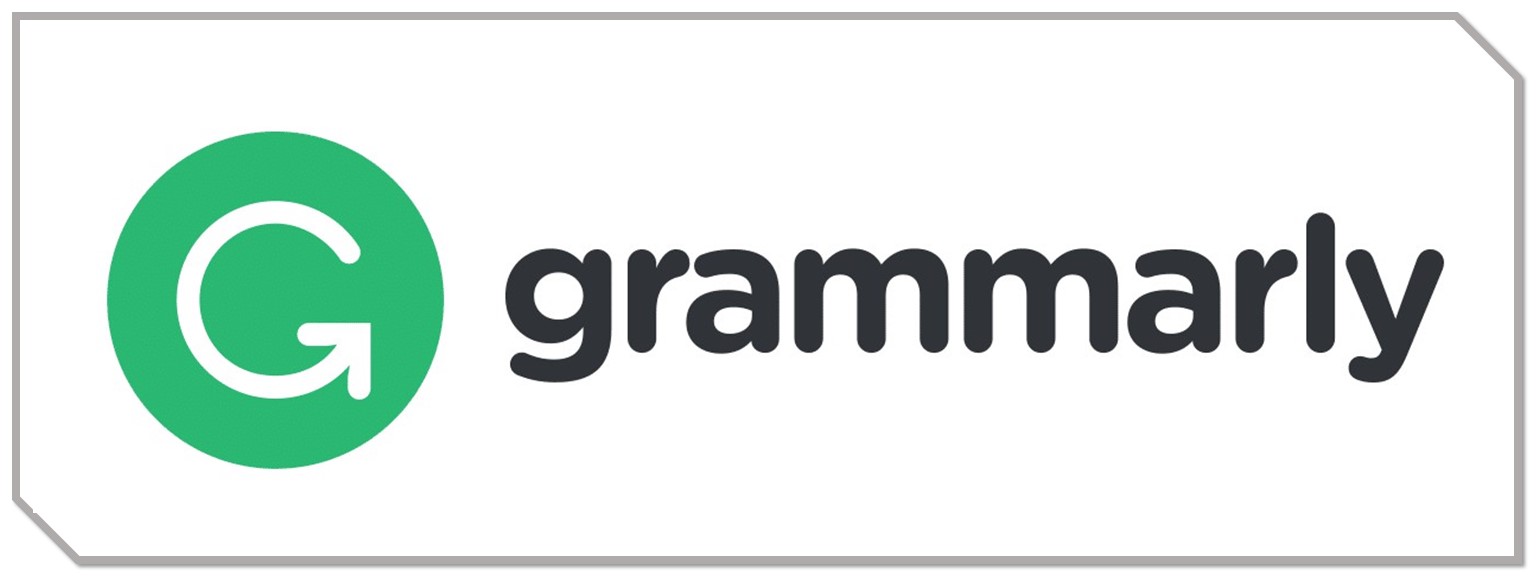MENDORONG INOVASI EKONOMI SYARIAH MELALUI FLEKSIBILITAS HUKUM MAZHAB HANAFI: STUDI KOMPARATIF DENGAN MAZHAB SYAFI'I
DOI:
https://doi.org/10.38153/tahkim.v1i1.132Keywords:
Islamic Economics, Hanafi School, Shafi'i School, Innovation, Legal FlexibilityAbstract
This study explores the role of legal flexibility within the Hanafi school of thought in fostering innovation in Islamic economics, while contrasting it with the more stringent approach of the Shafi'i school. The flexibility in the interpretation of Hanafi law permits the application of legal principles that are more adaptable to the evolving demands of modern economics, such as the implementation of murabahah and ijarah contracts that can be tailored to contemporary contexts. Conversely, the Shafi'i school, while upholding strict adherence to textual sources, often constrains the scope for innovation in Islamic financial products, potentially hindering the development of new financial instruments. This research employs a comparative methodology by analyzing literature and real-world practices in Islamic financial institutions. The findings indicate that the legal flexibility inherent in the Hanafi school can serve as a catalyst for innovation, while the rigidity of the Shafi'i school functions to ensure compliance with Sharia principles. This study aims to provide insights for policymakers and practitioners in Islamic economics to formulate strategies that integrate the strengths of both schools in addressing global challenges and the dynamic needs of the market.
Downloads
Published
Issue
Section
License
Copyright (c) 2024 Copyright (c) 2024 Qisthi Abidy

This work is licensed under a Creative Commons Attribution 4.0 International License.








